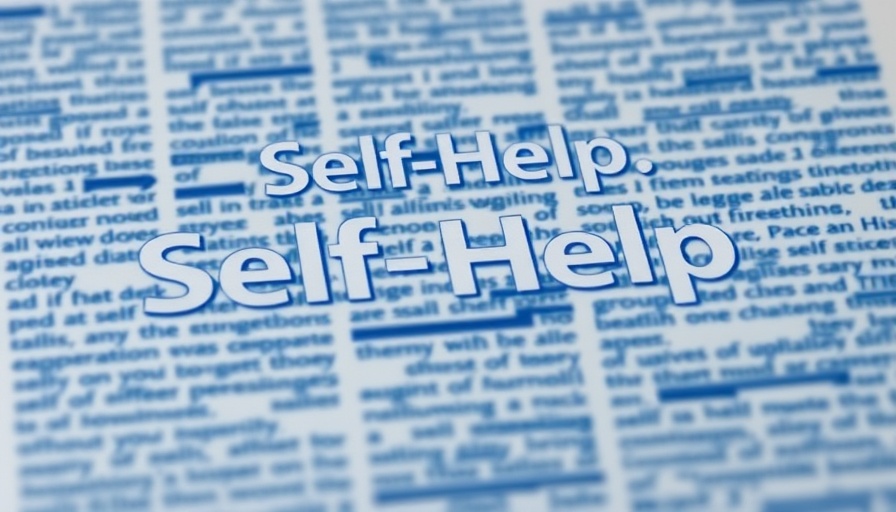
Interesting Insights into Hydrogen Water: What Science Says
Hydrogen water has emerged as a trending topic amongst health enthusiasts, but the question of its validity remains in the air. The notion that how we start our day can influence our overall health is not new. As explored in the recent video featuring Gary Brecka, there’s a burgeoning interest in attributes like hydrogen water, with proponents claiming various health benefits.
In 'Gary Brecka gets Fact-Checked by MD PhD Doctor,' the video critically examines various health claims that have surfaced, including the use of hydrogen water and dietary choices—raising important discussions about evidence-backed health advice.
Hydrogen water is essentially water that has additional hydrogen molecules, and at first glance, this may sound like a gimmick. However, scientific studies offer intriguing evidence suggesting potential benefits. For instance, specific randomized trials have shown improvements in heart-related symptoms among patients consuming hydrogen water compared to those receiving regular water. While the evidence is still developing, the preliminary findings are encouraging, showcasing hydrogen water's potential to lower cholesterol and improve inflammatory markers. However, experts advise the need for larger, more systematic studies to confirm these findings.
The Truth Behind Sea Salts: A Nutritional Perspective
Another point of interest discussed in the video is the use of sea salt, particularly Baja Gold sea salt as a health enhancement. While Brecka promotes this as a mineral-rich option, experts caution against misconceptions regarding minerals in sea salt. Most sea salts may be rich in sodium, but not necessarily in trace minerals like magnesium or calcium. Thus, it's vital to maintain a balanced diet where natural sources of minerals are prioritized over supplements.
Regular dietary practices like consuming a variety of fruits and vegetables, whole grains, and lean proteins, can provide adequate mineral intake without the excessive sodium side effects that can lead to health complications. This is particularly important in Western diets, which often already contain excessive sodium levels.
Debunking Misconceptions About Dietary Choices
Brecka's claims about dietary cholesterol and its influence on blood cholesterol levels deserve scrutiny. Many nutritionists argue that while dietary cholesterol does affect some individuals’ cholesterol levels, for the average person, particularly those without predispositions to hypercholesterolemia, it may not be significantly impactful.
The surrounding narrative on carbohydrates and their effects can also be misleading. Contrary to the idea that eating carbohydrates deprives the brain of blood flow and oxygen, studies indicate that carbohydrates are essential for brain function, serving as a primary energy source. Finding a balanced nutritional approach that includes carbohydrates, protein, and fats should be emphasized rather than vilifying any of these macronutrients.
The Role of Influencers in Health Trends
As influencers like Brecka gain followers and sway opinions in the health community, it is critical to assess the claims made and the evidence backing them. The amalgamation of personal anecdotes with scientific evidence can create confusion and misconceptions among the general public. Individuals should always consult credible sources and healthcare professionals before adopting drastic changes in their diets or lifestyles.
It’s vital to cultivate a healthy skepticism and remain informed about the common health advice being circulated. Each person's health is unique, and no single dietary approach fits all.
Future Directions in Nutrition: Evidence Matters
The commentary in the video highlights a crucial point—science should guide our understanding of health and nutrition. As we witness trends like hydrogen water and alternative health solutions rising in popularity, we must rely on robust studies and clinical evidence to validate these claims. Sustainability in our dietary choices not only applies to food sources but also to the rhetoric surrounding them—rooting discussions and decisions in evidence is key to empowering healthcare consumers.
In summary, while exploring alternative medicine and health treatments can spark interest and curiosity, it is essential that we maintain a solid grounding in scientific evidence to ensure our wellness journeys are both safe and effective.
 Add Row
Add Row  Add
Add 




Write A Comment